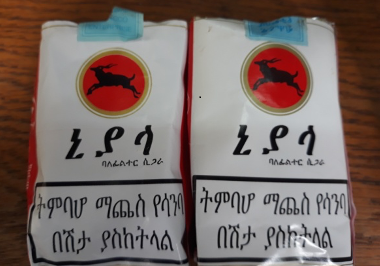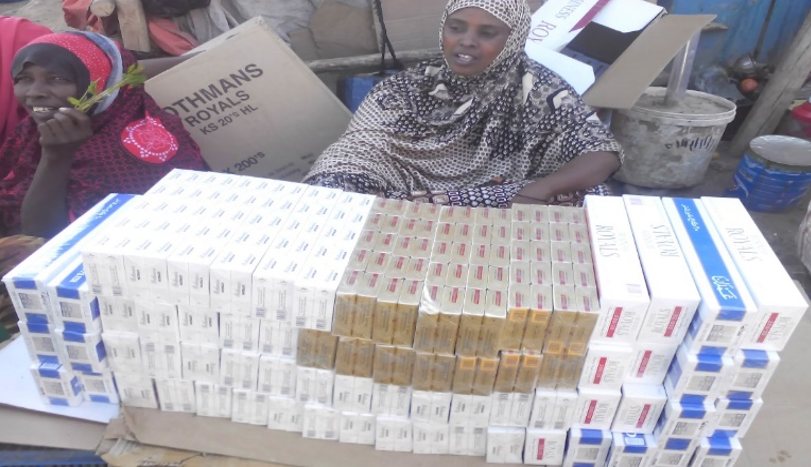Assessing the Illicit Cigarette Market in Ethiopia


These results were presented by CoRDe Consulting, the local research group, to policy makers as they were debating the tobacco tax increase. The independent research evidence played a critical role in the decision to raise the tobacco tax in Ethiopia.
Ev

The National Tobacco Enterprise Ethiopia S.C. (NTE), owned by the government, had monopoly power in this market until until 2016, when the government allowed Japan Tobacco Group to acquire a 71 percent equity share for one billion USD. The remaining 29% was purchased by Shaba Tobacco of Yemen. This signalled the end of the government-run tobacco monopoly in Ethiopia.

The taxes collected on cigarettes are minimal and not compliant with WHO FCTC recommendations. The excise tax rates has been fixed at 75% of the ex-factory price (or 75% of CIF in the case of imports) since 2002, or about 14% of the retail price.
This changed in Feb 14, 2020 when the purely ad valorem tax system converted into a mixed system. The new excise tax rate was set at 30% ad valorem on ex-factory price + 8 Birr (USD 0.24) per pack even though the original proposal called for 30% ad valorem on ex-factory price + 5 Birr per pack. Local advocacy effort managed to get the tax up by 3 Birr per pack.
Before the tax increase, the NTE ran a vigorous anti-tax campaign claiming a tax increase would exacerbate the tax loss due to the huge presence of illicit cigarettes on the market. Their estimate, supported by the Euromonitor figures, suggested that at least 30% of the cigarette market in Ethiopia is illicit.
The work by CoRDe Consulting, supported by Hana, was able to shine a light of scientific rigour on the illicit trade issue, and indicated that illicit trade was substantially less than claimed by the tobacco industry, and was not widespread, but was focused primarily in the Eastern parts of the country.
